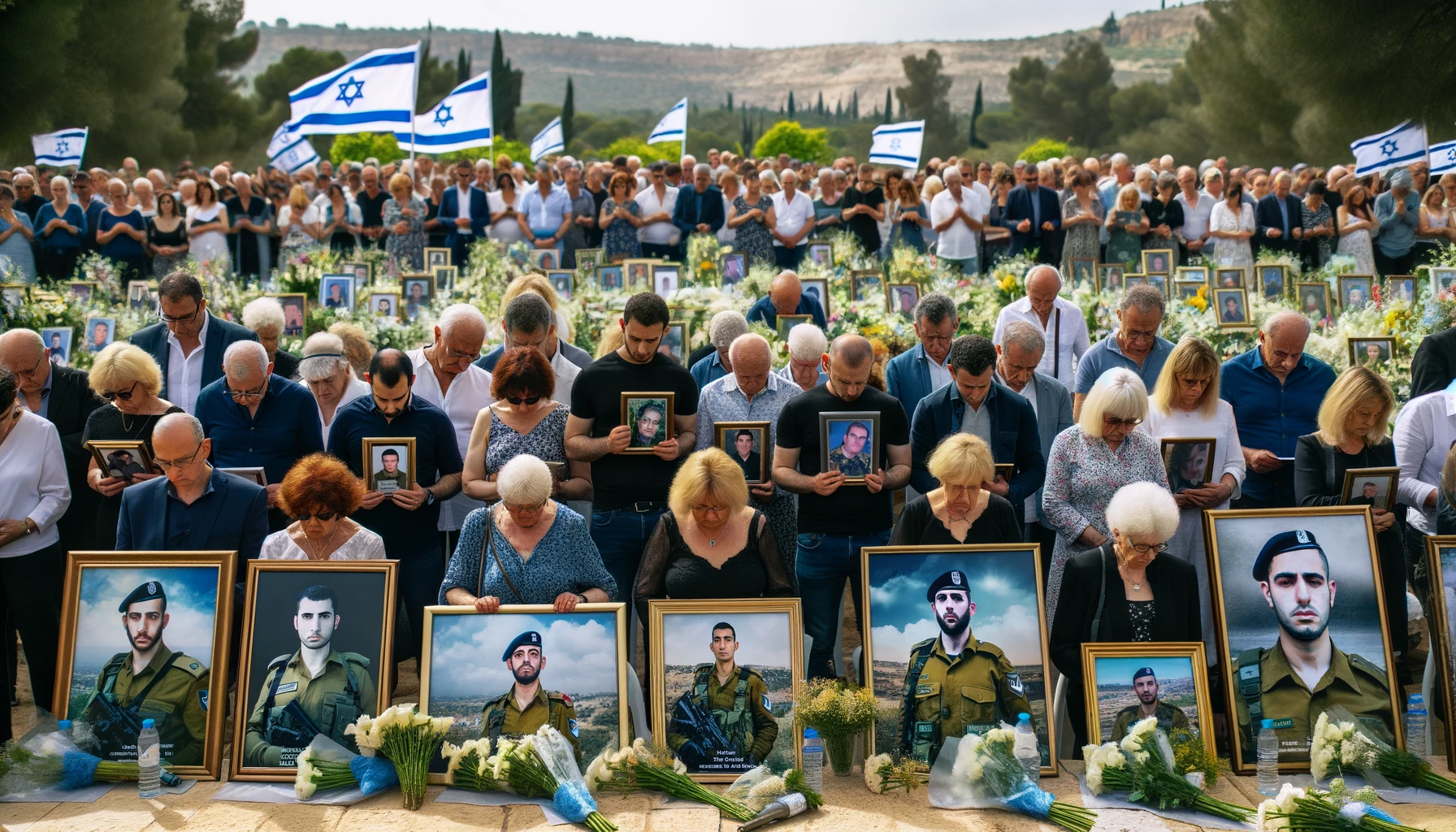Supporting the Living Partners of Fallen Soldiers
Maariv, Israel, March 2
The conservative definition of the term “family” has long dominated Israeli society. This perspective has heavily influenced the delicate and emotional issue of supporting the partners of fallen IDF soldiers. For years, the law stipulated that widows of IDF soldiers were entitled to various benefits, including financial assistance, on the condition that they did not remarry. Lawmakers believed that once a widow remarried, her new spouse would assume responsibility for her well-being, absolving the state of any obligation. An IDF widow receives a range of benefits, such as lifelong monthly allowances, maternity grants, health insurance coverage, recovery aid, telephone usage fees, and periodic grants to cover special expenses incurred due to widowhood. The widow is also entitled to mental support, the guidance of a social worker, financial assistance for nursing care or institutional stays if necessary, and more. Upon the passing of the law, Knesset members expressed remorse for past oversights. MK Haim Katz stated, “We have the right to rectify a historical injustice perpetrated against IDF widows by the state. I take this opportunity to ask for forgiveness for the harm you have endured over the years.” MK Orit Noked remarked, “Many widows refrained from remarrying to retain their rightful benefits and led secret lives. A new chapter has now opened for them, allowing them to maintain their rights and autonomy. It is the least the state can do for individuals who sacrificed significant portions of their lives for our country.” Nevertheless, moral concerns surrounding the state’s responsibilities toward IDF widows extend beyond the issue of remarriage rights. Questions arise concerning who qualifies as a widow entitled to benefits. While those married at the time of their spouse’s death are entitled to rights as per the law, uncertainties remain about the status of partners, fiancées, or significant others of fallen soldiers. The state’s stance is characterized by rigidity and conservatism. Unmarried women will only be recognized as IDF widows if they can meet stringent criteria like proving shared living arrangements, a joint lease, a shared bank account, and documentation proving long-term cohabitation. This poses significant challenges for young women aged 18 to 20, especially when their partners are frequently on mandatory duty. Consequently, girlfriends of IDF fallen soldiers, even those in long-term relationships, may not legally qualify as IDF widows. In a particular court case, the girlfriend of a deceased soldier sought recognition as an IDF widow after a two-year relationship, during which the couple briefly lived together. However, it was determined that she did not meet the required standard for demonstrating a “shared household.” The court’s ruling emphasized the lack of evidence showing shared financial responsibilities, despite temporary cohabitation and personal ties. As the Iron Swords War looms, the debate regarding the rights of spouses and fiancées of fallen soldiers is likely to resurface. Legislators must clarify eligibility criteria for individuals who were not legally married when their partners passed away, thus averting prolonged legal battles. Providing certainty and clarity in the law is essential to spare widows unnecessary suffering and expedite the process of receiving their entitlements. As a society, we owe them this much during their time of need. —Yechiel Gutman (translated by Asaf Zilberfarb)

